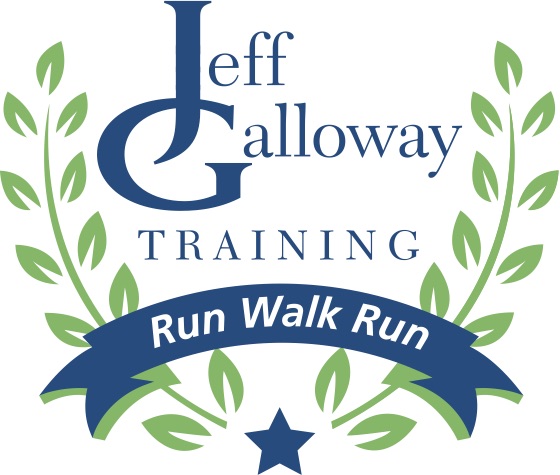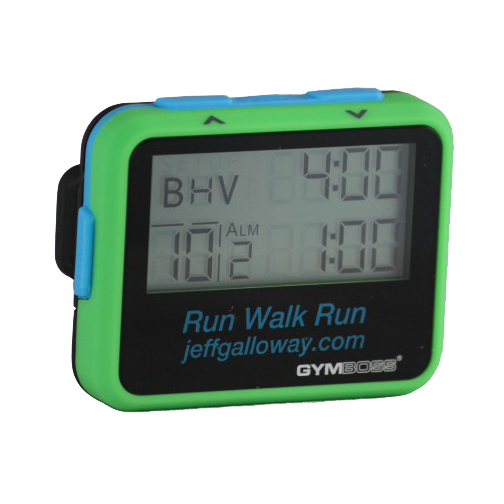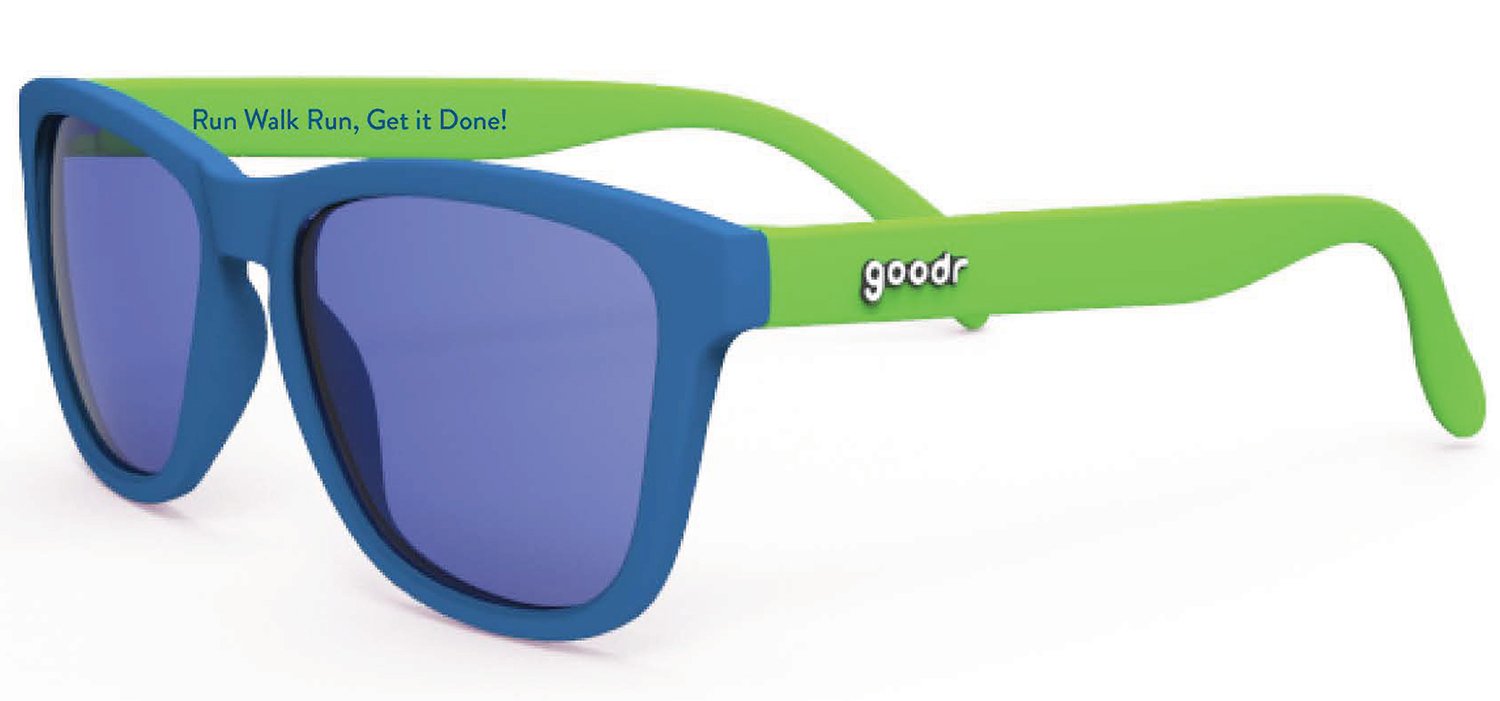
See more in Running – Getting Started
Race Day
The Night Before
- Pack your bag
- Eat a very light meal or nothing. (I don’t believe in carbo-loading the night before races, even marathons.)
- Drink 4-6 ounces of water every waking hour (unless you hear a sloshing sound in your stomach).
- Try to relax so you can sleep. But if you can’t sleep, the race isn’t lost. (I’ve run some of my best races after sleepless nights.)
Check List
- Shoes, socks, shirt, shorts, sweats or running suit
- Gloves, hat, turtleneck, etc., if cold
- Water (about a quart)
- Bandages and Vaseline
- $25-50 for registration, gas, food afterward, etc.
- race number if sent to you in mail, 4 small safety pins
- copy of “Race Morning” instructions (see below)
Race Morning
It’s hard to remember all these things at the last minute. Photocopy these pages and put them in your bag the night before.
- After you wake, drink 4-6 ounces of water every half hour.
- Drink your last water a half-hour before the race.
- Don’t eat, it won’t get processed in time to do you any good. (Those who need to boost their blood sugar level should eat the same food, in the same quantity that they have found works for them in other races or hard workouts.)
- 30-40 minutes before the race, start your warm-up.
Before You “Toe the Line”
- Walk 5 minutes to activate the running muscles gently and prepare the body for exertion, then jog for 1-2 minutes and walk for 1-2 minutes.
- Jog slowly 10-20 minutes. Start very slowly, then speed up gradually to a relaxed warm-up pace.
- Stretch gently if you need to stretch (iliotibial band injury, etc.). I’ve seen more problems when runners stretch before fast runs, than among those who don’t stretch at all. If you have found stretching to be beneficial for you, then go ahead, but be very careful.
- Walk another 3-5 minutes to relax.
- About 10-15 minutes before the start, do some accelerations to get your body ready for race conditions. Do 5-10 x 50-100 yards. Start slowly, accelerate gradually to race pace, then ease back to a slow jog.
- Walk again, 3-5 minutes.
- About 5-10 minutes before the start, relax, sit down, walk around – whatever takes the edge off. Some runners put their legs above their heads, others meditate for 5 minutes.
- Shift gears as you line up. Tense muscles don’t work smoothly. Joke, and enjoy the festive air, energy and enthusiasm. This relaxes muscles through the body and gets them ready.
Race Nutrition Countdown.
I begin my eating countdown the day before by eating small meals every 2-3 hours. On each, it’s okay to eat a little protein with carbohydrates that you know will be digested easily. Your goal is to eat just enough to leave you satisfied, but not full, for 2 hours or so. Be sure to drink water or an electrolyte beverage with your snacks. That afternoon and evening I’ll take water and juices regularly. If I’m hungry I’ll eat only easily digestible food, such as bread or energy bars. I’ll obviously avoid fried or greasy food or other foods that are hard to digest, like peanut butter or dairy products. I’ll also stay away from high roughage items like salad, bran, etc.
The carb-loading dinner before a race is great social fun. It’s okay to eat a little, but don’t overeat and avoid salty food, particularly if the weather is predicted to be warm. Loading up too much the night before can lead to unloading during the race.
I like to wake up 3-4 hours before the race. During the first 2-3 hours, I’ll take 6 ounces of water or Accelerade very hour. About 60-90 minutes before the start, I usually eat an energy bar and have a cup of coffee as logistics permit. Hopefully, I’ll have some water with me at the start to sip, but primarily to dump on my head if the day is warm. It may look strange, but it works! (If you want to try this routine, test it out on your long runs first.)
Caffeine.
There is now strong evidence that a cup of coffee an hour before a race will improve performance. This drug helps mobilize free fatty acids and triglycerides, making them available for energy utilization in the blood stream. It also helps you to wake up and get your sewage system cleaned out, avoiding the last minute lines at the “porta-johns.” Too much caffeine, however, can cause dehydration and may negatively influence your heart rhythm. Be careful and try it out on several trial runs before using it in races.




